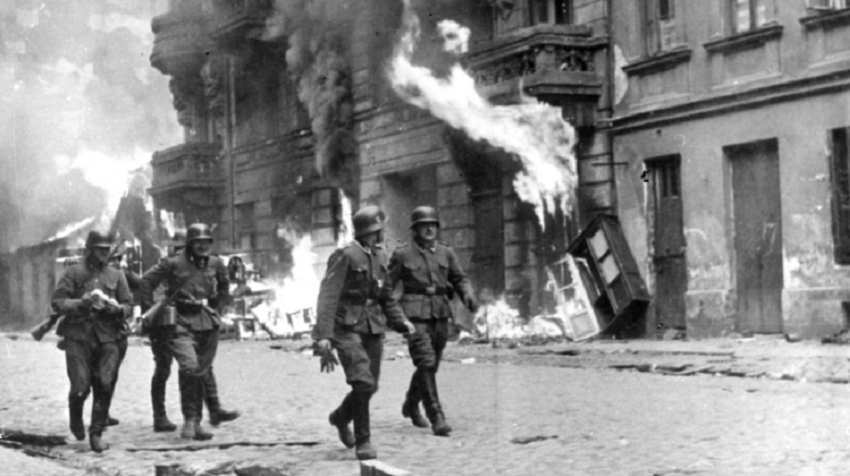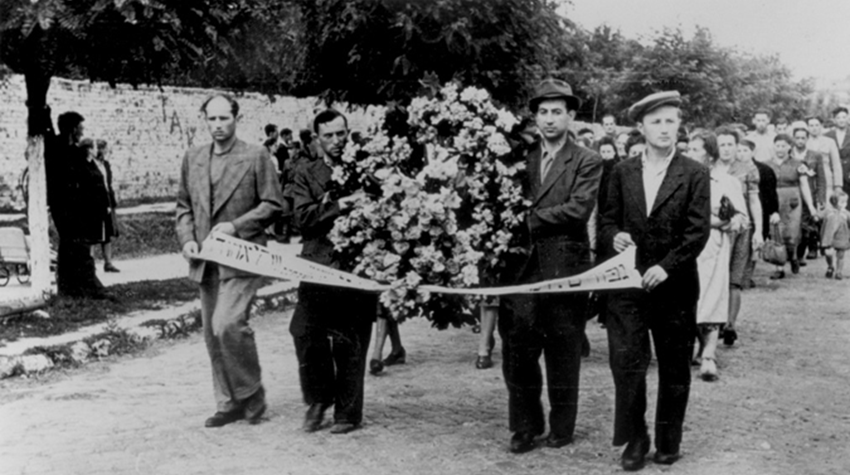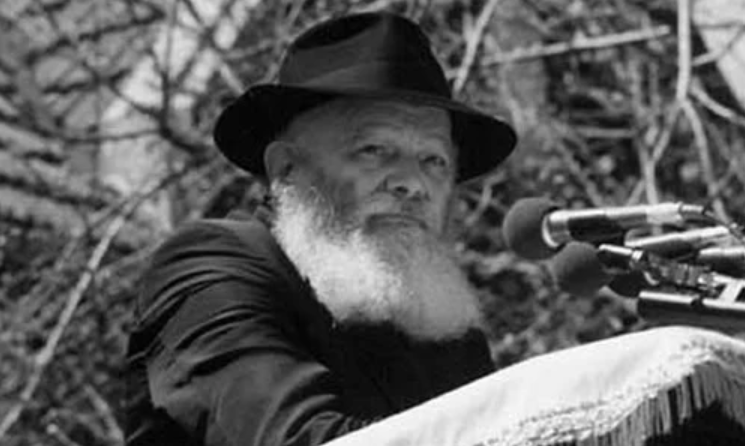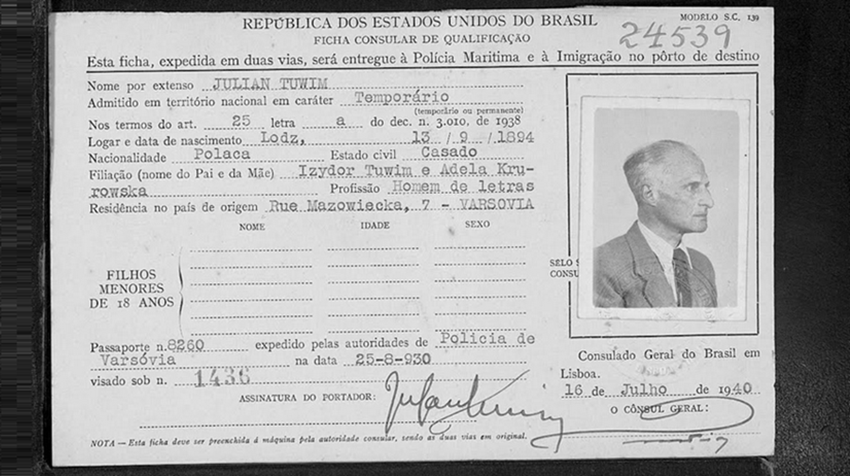General Stroop's men next to burning buildings during the suppression of the uprising. Credit: Yad Vashem Archives
The Warsaw Ghetto Uprising, which took place between April 19 and May 16, 1943, was the most significant episode of Jewish prominence in World War II. From 1940, the Jewish population of Warsaw and other regions of Poland was allocated by the Nazis in the Warsaw Ghetto, an overcrowded area with terrible living conditions.
In early 1943, upon realizing that the population of the Ghetto was being deported to concentration and extermination camps, a group of Jews decided to organize themselves to resist. On April 19, 1943, Jewish fighters attacked German soldiers, starting a resistance movement that lasted about a month – impressive time considering that the Jews were much less able to fight than the Nazis.
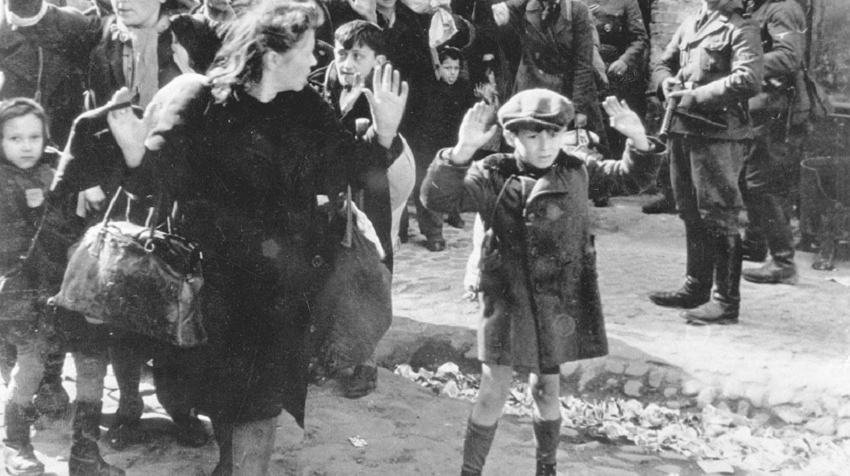
German soldiers pointing their weapons at women and children during the suppression of the Warsaw Ghetto Uprising. Credit: Yad Vashem Archives
Exactly 80 years ago, on May 16, 1943, the Nazis invaded the main bunker where Jewish fighters were hiding and killed them or sent them to concentration and extermination camps. It is estimated that, in all, 13,000 Jews died during the Warsaw Ghetto Uprising.
The main name associated with the Warsaw Ghetto Uprising is that of the young Jew Mordechai Anielewicz. However, it is estimated that between 750 to 1000 people fought valiantly. From a military point of view, the Jews were defeated in this episode of resistance. However, from an ethical and moral point of view, the Jews were victorious when fighting already knowing the unequal conditions that existed.
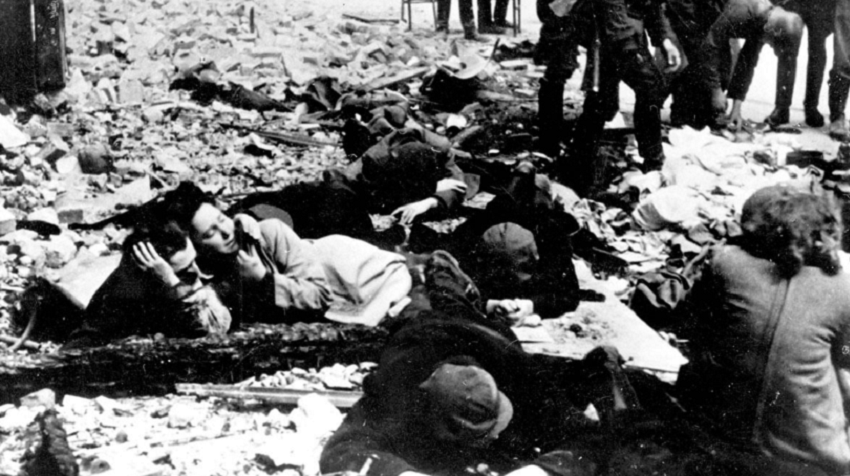
Jews captured by the Germans during the suppression of the Warsaw Ghetto Uprising. Credit: Yad Vashem Archives
The Warsaw Ghetto Uprising was not the only event of Jewish resistance, although it was the largest. There are records of fights in the Sobibor, Treblinka, Auschwitz-Birkenau and Bialystok concentration and extermination camps – and it certainly happened in others.































